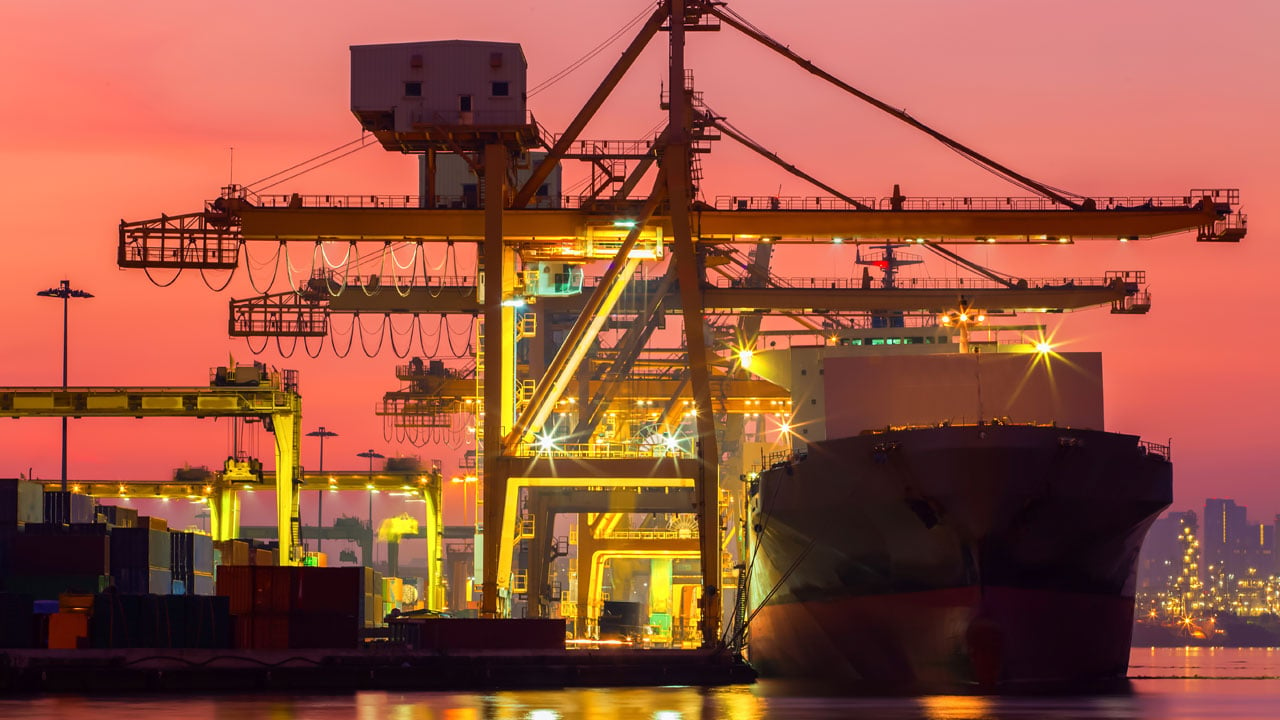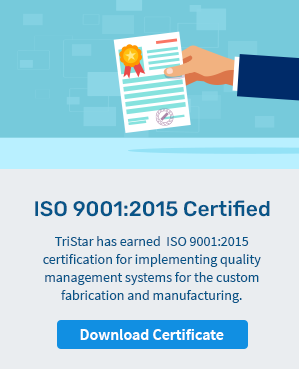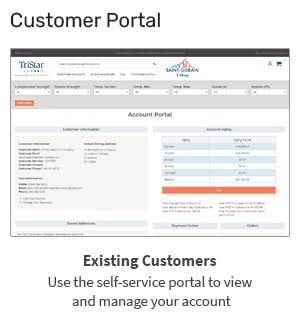
A designer of offshore marine products recently asked us: “What are the advantages of plastic waterproof bearings?” The short answer: plastic bearings eliminate corrosion, one of the primary causes of metal bearing failure in wet or submerged environments.
Let’s explore what makes plastic and composite bearings the preferred choice for waterproof performance across industries.
What Is a “Waterproof Bearing”?
The term “waterproof bearing” can be a bit misleading. Bearings aren’t designed to be waterproof in the same way electronics are—but the right materials can make them impervious to liquids and contaminants.
Bearings that provide reliable performance in wet environments should resist not only fresh water, but also slurry, saltwater, and harsh chemicals, while withstanding the erosive effects of water spray and debris.
Traditionally, designers have turned to bronze and stainless steel bearings for submerged or marine applications. And while these materials perform reasonably well, they eventually succumb to corrosion.
The simple truth is that even the best metal bearings only remain compatible with water and chemicals for a limited time before corrosion begins. Eventually, chemicals, sea spray and other contaminants will cause the bearing to flake and peel, leading to complete bearing failure.
Did you know?
Studies show that rolling element bearings exposed to just 2% water contamination can experience up to a 50% reduction in lifespan. Once liquids compromise the film inside metal bearings, corrosion and surface damage accelerate dramatically.
Expert Note from Tristar: In marine and offshore systems, corrosion is the number-one reason for bearing failure. Tristar’s self-lubricating polymer and composite bearings are immune to rust, galvanic corrosion, and pitting, making them ideal for saltwater, chemical, and slurry exposure. The result is longer uptime, cleaner operation, and reduced maintenance for shipboard, coastal, and submerged systems.
Why Plastic Bearings Excel in Waterproof and Marine Applications
Unlike pure metals, plastic bearings are engineered composites—a blend of high-performance polymers, reinforcing fibers, and solid lubricants. These materials naturally resist water absorption, ensuring they won’t swell, warp, or degrade over time.
1. Resist Water, Chemicals, and Slurry
Plastic and composite bearings repel liquids, operating effectively in freshwater, saltwater, and chemically aggressive media.
2. No Corrosion or Rust
Since they contain no metallic elements, plastic bearings cannot corrode, pit, or seize.
3. Dimensional Stability
Plastic composites maintain their shape even under high moisture, load, or pressure conditions.
4. Self-Lubricating Design
Plastic bearings are grease-free and maintenance-free. Integrated lubricants like PTFE, graphite, or MoS₂ form a microscopic transfer film that continuously lubricates the shaft, even under water.
5. Longer Service Life
With no grease washout or rust, plastic bearings can last up to 5-10 times longer than metal bearings in wet or abrasive environments.
6. Lightweight, Quiet Operation
Plastic bearings weigh less than metals and run silently, making them ideal for equipment where noise reduction is key: such as pumps, winches, and marine cranes.
7. Industrial Certification
In industries where durability matters like marine and shipping, quality control is key. Tristar’s waterproof bearings are ISO 9001 certified for shipboard applications.
Expert Note from Tristar: Many engineers still assume that metal bearings outperform plastics in strength or precision, but today’s composite materials—like Rulon®, Ultracomp®, and CJ—are designed specifically for high-load, wet, and corrosive applications. Tristar has helped customers in offshore energy, marine transport, and wastewater systems replace metal bushings with maintenance-free, self-lubricating plastic bearings that last significantly longer.
Common Applications for Waterproof Plastic Bearings
- Marine and Offshore Equipment: Winches, cranes, davits, propeller shafts
- Industrial Pumps and Motors: Wet, chemical, or submerged conditions
- Agricultural and Food Processing Systems: Resistance to washdowns and sanitizers
- Wastewater Treatment Plants: Corrosion-proof operation in chemical effluent
- Outdoor Construction Equipment: Long-term performance despite rain and mud
Expert Note from Tristar: In every application, material selection matters. Tristar’s engineering team reviews each system’s load, motion type, and environmental exposure to recommend the best polymer solution—whether it’s Ultracomp® for marine wear surfaces or Rulon® for submerged sliding applications.
The Bottom Line: Waterproof Bearings That Outlast the Elements
With their combination of strength, corrosion resistance, and self-lubricating performance, plastic bearings are the clear choice for water-exposed, submerged, or marine applications. They perform reliably in linear, oscillating, and rotary motion while eliminating grease, corrosion, and maintenance headaches.
If you’re designing for offshore, chemical, or high-moisture environments, Tristar’s waterproof plastic bearings deliver dependable performance you can trust.
Learn More
Want to explore the right waterproof bearing solution for your project?
- Read more on composite bearings in marine applications.
- Explore our Self-Lubricating Bearing Guide to learn more about the benefits of greaseless bearings.
- Connect with a Tristar expert for a custom material recommendation.









